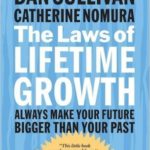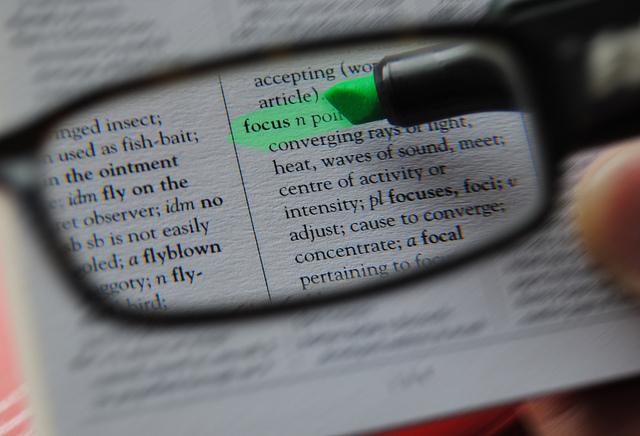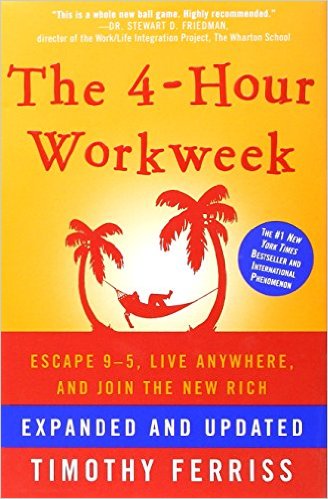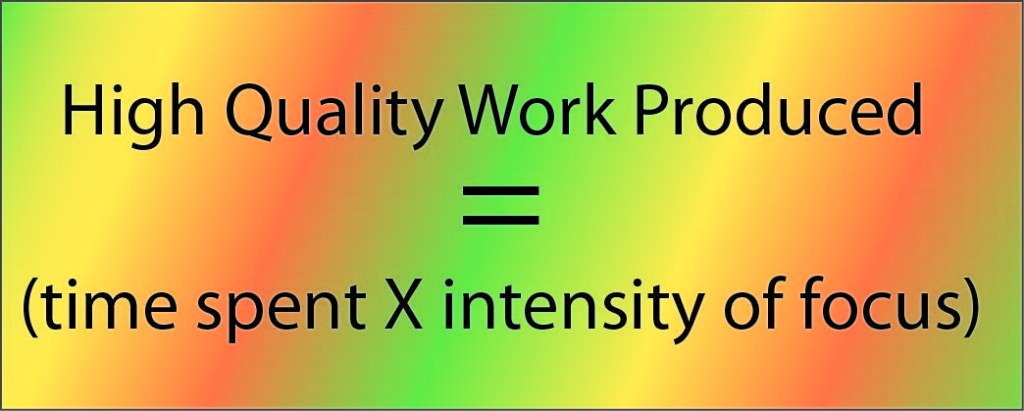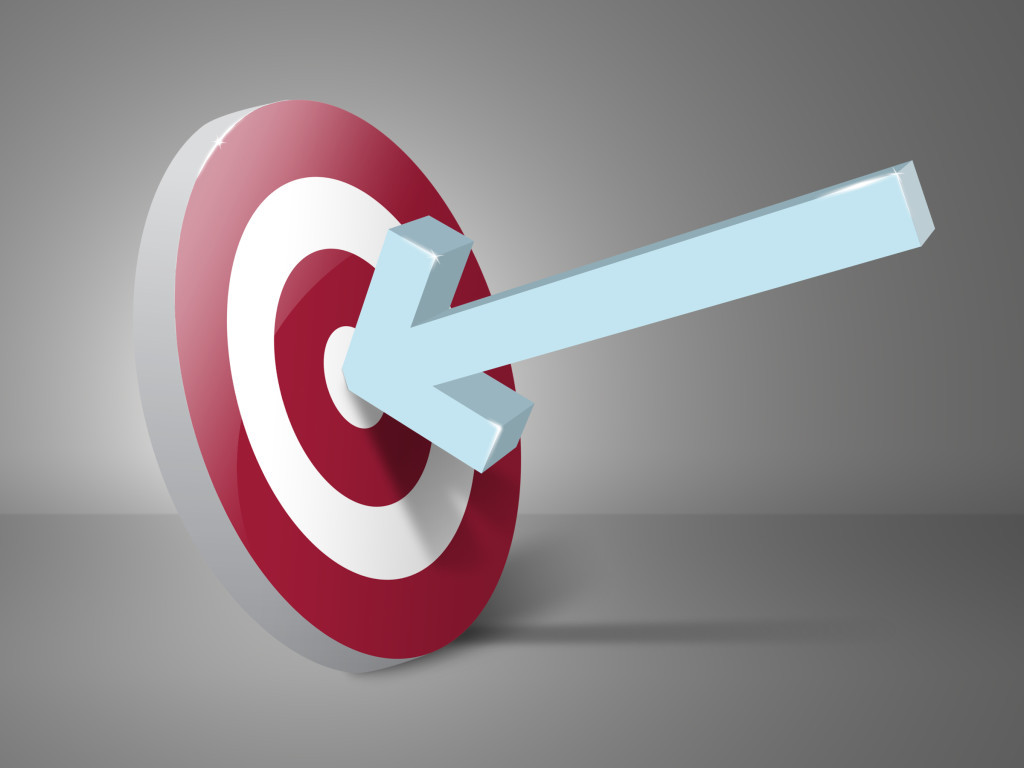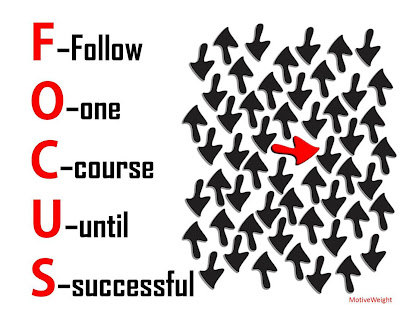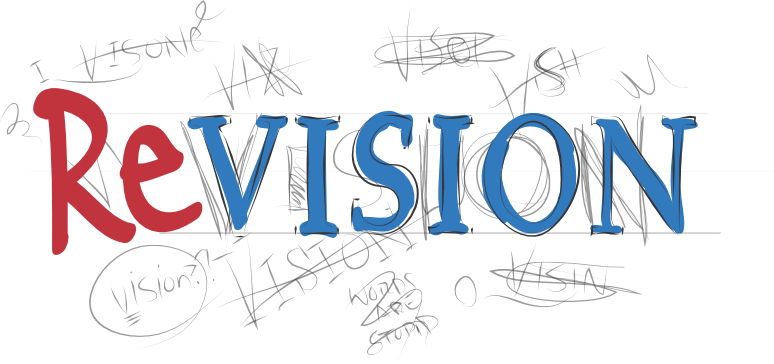“If you are seeking creative ideas, go out walking. Angels whisper to a man when he goes for a walk.”
-Raymond Inmon
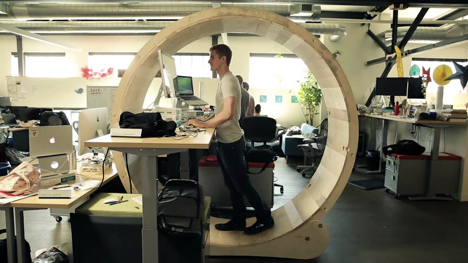
Image from dlvr.it.blog
Has anyone ever told you they get some of their best ideas while taking a shower? It turns out that a change of scenery or venue is often just the ticket to get your creative juices flowing. Even the relatively new phenomenon of using a standing desk versus sitting all day has been touted to produce significant boosts of focus and productivity.
EXERCISE:
What changes can you introduce into your day to shift your perspective and open up new levels of innovation and creativity? Consider taking a walk and letting your angels whisper a few suggestions.


